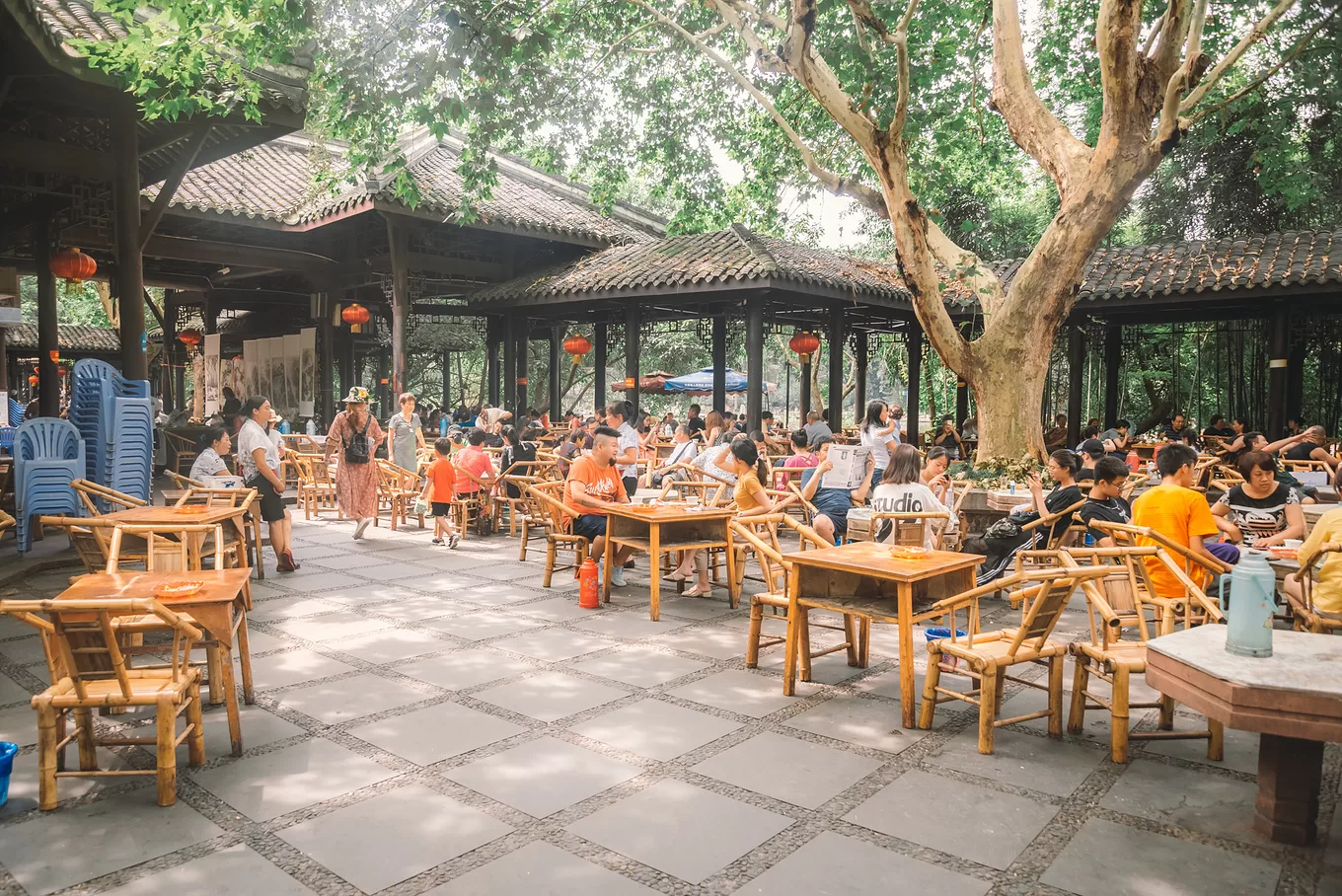
CHENGDU, May 21 (WSH) — In a country known for relentless urban competition and high-paced development, the southwestern city of Chengdu has quietly redefined what it means to live well. Dubbed by both domestic surveys and international media as “China’s happiest city,” Chengdu is now attracting young people not with GDP growth charts but with comfort, culture, and community.
A recent feature in The New York Times shed light on why this 2,300-year-old inland metropolis is becoming the go-to destination for China’s younger generations seeking happiness and balance.
Where Life Slows Down — And That’s the Point
Tea houses instead of traffic jams, affordable apartments over financial pressure, and a lifestyle that doesn’t glorify burnout — this is the Chengdu experience.
“I feel like happiness here doesn’t cost much,” said Emma Ma, 30, a former Beijing resident who moved to Chengdu to start a music video studio with her partner. For less than half the cost of renting a room in Beijing, she now has a spacious two-bedroom apartment, a housekeeper, and the freedom to work at her own pace.
Chengdu’s reputation for relaxed living has long been the subject of jokes — “a haven for the lazy,” some once said. But in post-pandemic China, that relaxed pace has become its competitive edge.
A Demographic Surge Amid a Real Estate Slump
In the past five years, Chengdu’s population has grown by over 30%, now exceeding 21.5 million residents. Amid a nationwide property downturn, Chengdu stands out as a rare bright spot. According to the China Index Academy, the city’s home prices have surged by 16.8% since 2021, compared to just 5.4% in China’s top ten cities.
Analysts credit this to the city’s relatively affordable housing market and quality of life, drawing in both returnees from major metropolises and migrants from nearby provinces.
Economy: Less Industrial, More Experiential
Unlike coastal cities that depend heavily on manufacturing, Chengdu’s economy is 70% service-based, focused on sectors like tourism, food, retail, and digital entertainment.
From hotpot chains to hip-hop shows, and from giant panda sanctuaries to video game development studios, Chengdu has become a creative capital with a distinctly local flavor. Notably, the highest-grossing Chinese film of the year — Nezha 2 — was produced by a Chengdu-based studio.
A Cultural Capital with a Modern Identity
Despite tightened control on cultural expression in many cities, Chengdu remains relatively open. The city boasts an active LGBTQ community, a vibrant underground music scene, and an enduring tea house tradition. This makes Chengdu not just a place to live, but a place to express, create, and connect.
“Chengdu is like the Austin of China,” said Wang Di, a historian at the University of Macau. “It embraces arts, individuality, and an alternative lifestyle.”
Post-Pandemic Migration: A Search for Stability
COVID-19 lockdowns in cities like Shanghai shifted public perception of what constitutes a good life. In contrast, Chengdu’s stability, affordability, and cultural openness are drawing people who have grown weary of China’s high-stress urban environments.
Trezor Wu, a software developer who relocated from Shanghai, said, “Here, my income is enough to support everything I want. I bought an apartment for a third of the price of one in Shanghai. Life in Chengdu is full of joy.”
Conclusion: A New Urban Narrative
Chengdu’s rise is not built on breakneck development, but on livability and human-centric design. Its success may signal a shift in what younger generations value: not just ambition and consumption, but peace, purpose, and place.
As the rest of China grapples with demographic pressures, economic uncertainty, and cultural realignment, Chengdu’s model offers a compelling alternative — one where happiness is measured not in speed, but in satisfaction.

